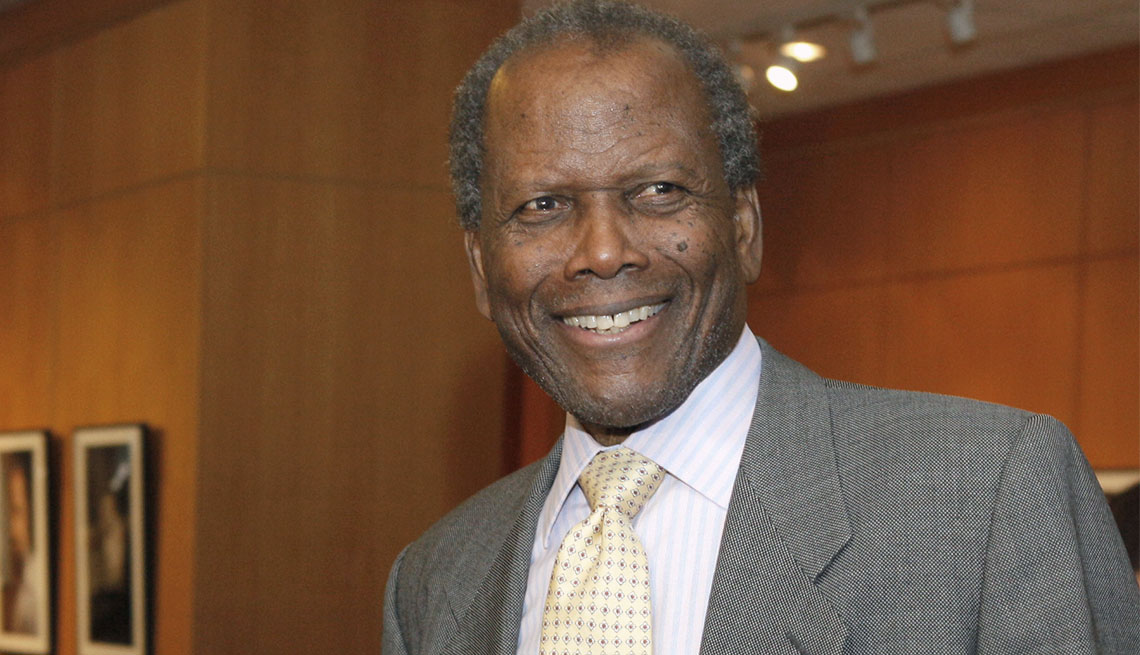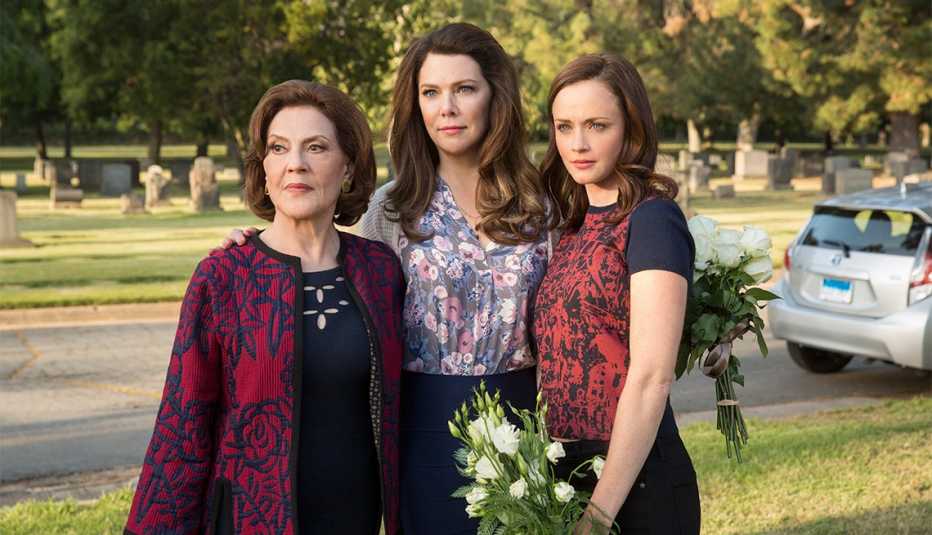Staying Fit
It’s been 53 years since Sidney Poitier became the first African American to win an Academy Award for best actor for his role in Lilies of the Field. He may have broken a huge barrier that night, April 13, 1964, but racial discrimination was still widespread. When actress Anne Bancroft gave him a kiss on the cheek after presenting him with the Oscar, conservative audiences were offended.
Often recognized as the forerunner of the wealth of successful black talent today, Poitier was a featured performer or star of 48 films, and he directed six. He also fought for civil rights, marching alongside the Rev. Martin Luther King Jr. in the 1960s. In 2009, President Barack Obama presented him with the Presidential Medal of Honor, the highest honor for a civilian.


AARP Membership— $12 for your first year when you sign up for Automatic Renewal
Get instant access to members-only products and hundreds of discounts, a free second membership, and a subscription to AARP the Magazine.
On Feb. 20, as we celebrate Poitier’s 90th birthday, let’s take a look at seven reasons to wish this actor, author and director a spectacular day.
1. Poitier persevered when the odds were heavily stacked against him.
Born three months premature in Miami to Bahamian parents who were there to sell tomatoes, Poitier spent much of his youth in the Bahamas on Cat Island, in a home with no running water or electricity. Nearly illiterate, he was sent to live with his older brother in Miami at the age of 15. A few months later, he traveled to New York with only $3 and — after a brief stint in the U.S. Army — sought work as an actor with the American Negro Theatre. Upon hearing Poitier’s thick Caribbean accent, a director told him he’d be better off as a dishwasher. But Poitier wouldn’t have it. He changed the way he talked by mimicking American newscasters. He returned to the same theater company and nabbed a role in Days of Our Youth.
2. He refused parts that played to racial stereotypes.
In 1950, Poitier made his film debut by playing a doctor who treated a white bigot in No Way Out. His big breakthrough, though, came five years later when he played a musical prodigy in Blackboard Jungle. In 1967 alone, Poitier starred as a detective in the Southern crime drama In the Heat of the Night, a black man engaged to a white woman in Guess Who’s Coming to Dinner and an inner-city teacher in To Sir, with Love. These three huge hits made him the country’s biggest box-office draw in 1968. Always, he insisted on playing smart, poised and thoughtful black characters.
3. He stood up for what he believed was right.
It was called “the slap heard around the world.” When filming In the Heat of the Night, released just as racial tensions in America were boiling over, he insisted on changes to a key scene. Poitier played a black homicide detective who, along with a bigoted white sheriff, was trying to solve the murder of a white businessman. When a prejudiced cotton plantation owner grows angry over being considered a suspect, he slaps Poitier’s character. Initially, Poitier was just supposed to take it. But after demanding a rewrite, Poitier slapped back, even harder, stunning both white and black audiences.
4. And he broke still more barriers beyond acting.



































































